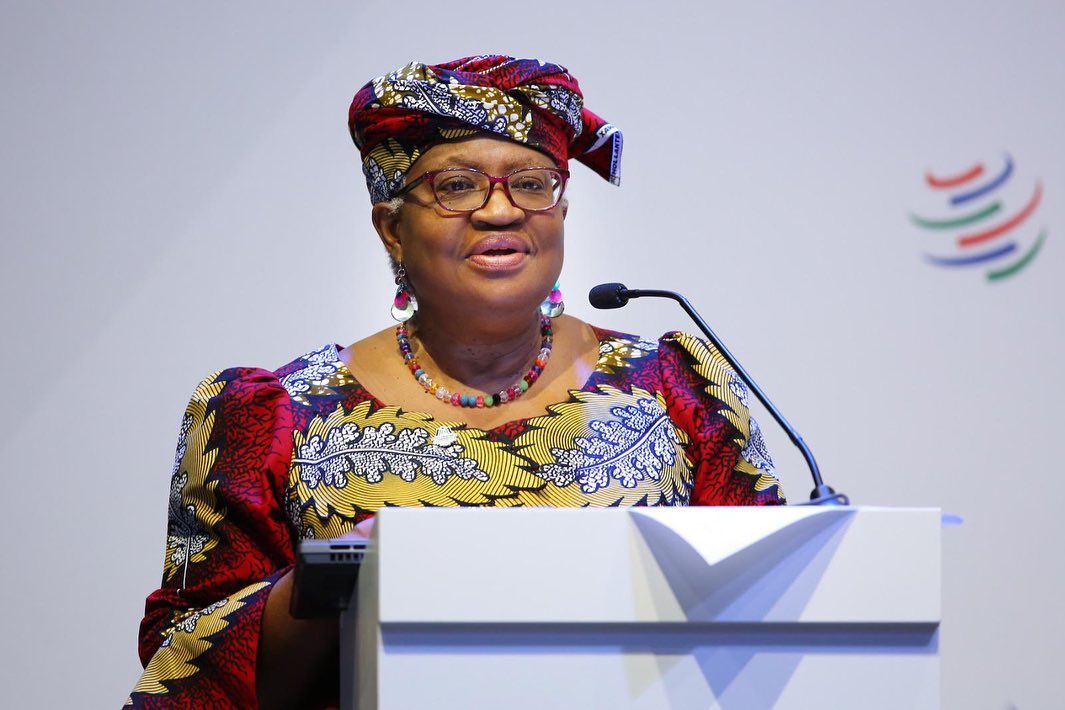According to UNICEF, so far this year, 83 children have been used as “human bombs,” which is already four times higher than it was in 2016. The agency, in a statement by its Chief of Communication in Nigeria, Doune Porter, said
“Since January 1, 2017, 83 children have been used as ‘human bombs’; 55 were girls, most often under 15 years old; 27 were boys, and one was a baby strapped to a girl. The sex of the baby used in the explosion was impossible to determine. The use of children in this way is an atrocity.
Children used as ‘human bombs’ are, above all, victims, not perpetrators. The armed group commonly known as Boko Haram has sometimes, but not always, claimed responsibility for these attacks, which target the civilian population.
The use of children in such attacks has had a further impact of creating suspicion and fear of children who have been released, rescued or escaped from the Boko Haram captivity.
As a result, many children who have managed to get away from captivity face rejection when they try to reintegrate into their communities, thus compounding their suffering.
All of this is taking place in the context of a massive displacement and malnutrition crisis — a combination that is also deadly for children. There are 1.7 million people displaced by the insurgency in the North-East; 85 per cent of them in Borno State, where most of these attacks take place.
North-eastern Nigeria is one of four countries and regions facing the spectre of famine, with up to 450,000 children at risk of severe acute malnutrition this year.”
























